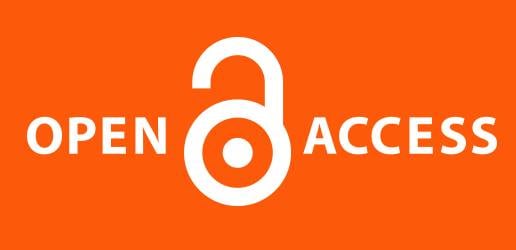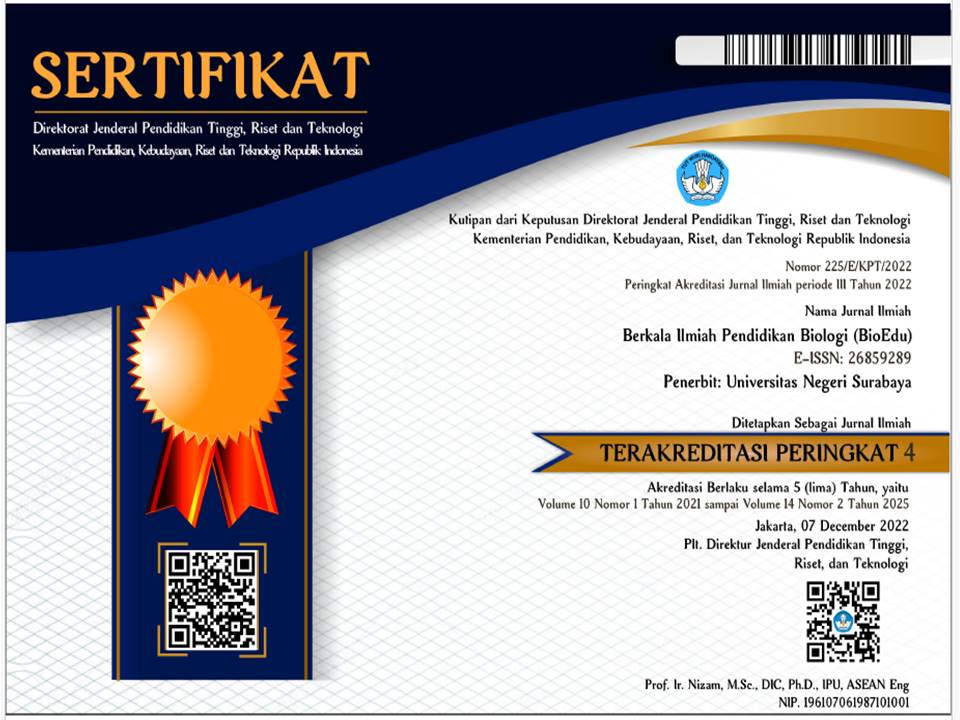Eligibility of Electronic Student Worksheet Based on Two Stay Two Stray to Train Analysis Thinking Skills in Inheritance Topic
Downloads
Download data is not yet available.
 Abstract views: 61
,
Abstract views: 61
, PDF Downloads: 84
PDF Downloads: 84













